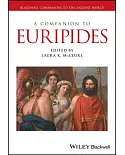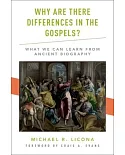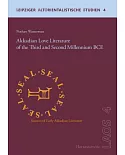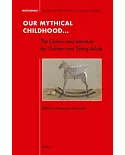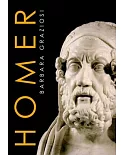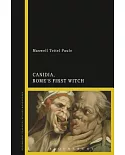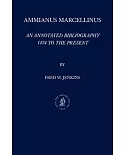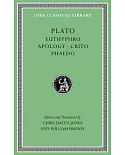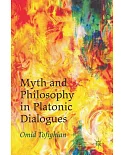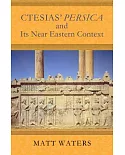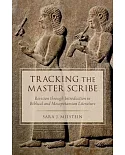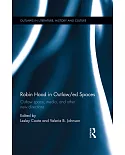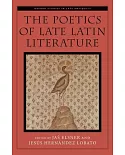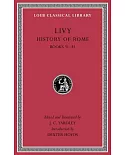The Dialogue of Ipuwer and the Lord of All is one of the major works from the golden age of Egyptian literature, the Middle Kingdom (c. 1980-1630 BC). The poem provides one of the most
searching explorations of human motivation and divine justice to survive from Ancient Egypt, and its stark pessimism questions many of the core ideologies that underpinned the Egyptian state
and monarchy. It begins with a series of laments portraying an Egypt overwhelmed by chaos and destruction, and develops into an examination of why these disasters should happen, and who bears
responsibility for them: the gods, the king, or humanity.
This volume provides the first full literary analysis of this poem for a century. It provides a detailed study of questions such as: its date of composition; its historicity; the identity of
its protagonists and setting; its reception history within Egyptian culture; and whether it really is a unified literary composition, or a redacted collection of texts of heterogeneous
origin.
Providing a new reading of the poem, within the cultural milieu that produced it, this volume will be essential reading for scholars and students of Ancient Egyptian literature, the Old
Testament and comparative religion.


